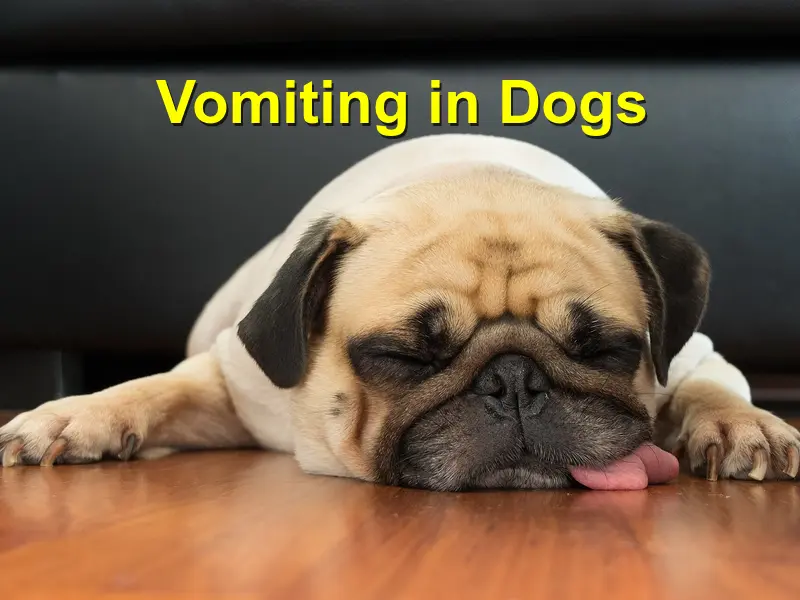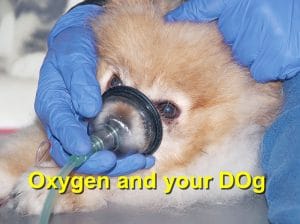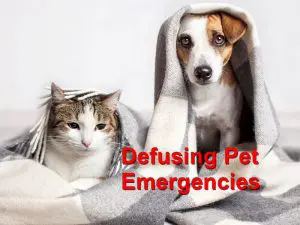Vomiting in Dogs; Emergency tips and Alarming symptoms
Dog vomiting is one of the many symptoms of various pet diseases. Sometimes it could be as a consequence of a given behavior outside pathology.
Any pet owner would likely get into panic mode whenever they see their dog vomiting. We, however, advise you to maintain calm as this can help you think logically. Remember, since you share a strong connection with your pup, they’re likely to react to your emotions, something that might worsen their situation.
How do you detect an emergency?
You understand your dog’s behavior more than anyone else, so if you see them vomiting within a short time frame, then you have all the reasons to get worried. But then if it’s onetime vomiting, then you shouldn’t worry much as this can happen to dogs just the same way it does to human beings.
What Should I do Incase My Dog Has Continuous Vomiting Episodes?
At Home
The moment you realize your pup is experiencing ongoing vomiting, then you should treat it as an emergency and make that critical phone call to your vet. Remember, vomiting like diarrhea can deprive your pet enough hydration, hence causing significant damages to their health.
Calling your vet is vital as they will offer you essential advice on the first aid processes you can indulge in at home or on your way to the hospital. Also, they get tome to prepare for your dog, such that they have everything ready for diagnosis when you arrive.
Additionally, we recommend you carry with you your pet’s medical records and anything you feel could be the cause of the episode. For instance, you can take the last bite of food they ate for contamination checks or the medication they’re currently using as this can trigger some allergic reactions.
At The Veterinary Center
Once you arrive at the hospital, it’s a good idea to cooperate with the staff and follow the appropriate paperwork instructions to the latter. The vet will them conduct preliminary tests on your pet to establish the underlying issue before prescribing the proper mode of treatment.
Remember, the veterinarian might have to admit your pup is in critical condition. So be ready for that as well. Once your dog receives principal diagnosis and medication, you will receive necessary advice on proper at-home care.
However, sometimes the process might take longer than you anticipate due to several emergencies at the reception. If that’s the case, exercise patience for your turn. Your vet will surely consider your situation first before others if your pet’s condition is critical.
Sources: Health Guidance, Dogs Aholic, Animal Wise




